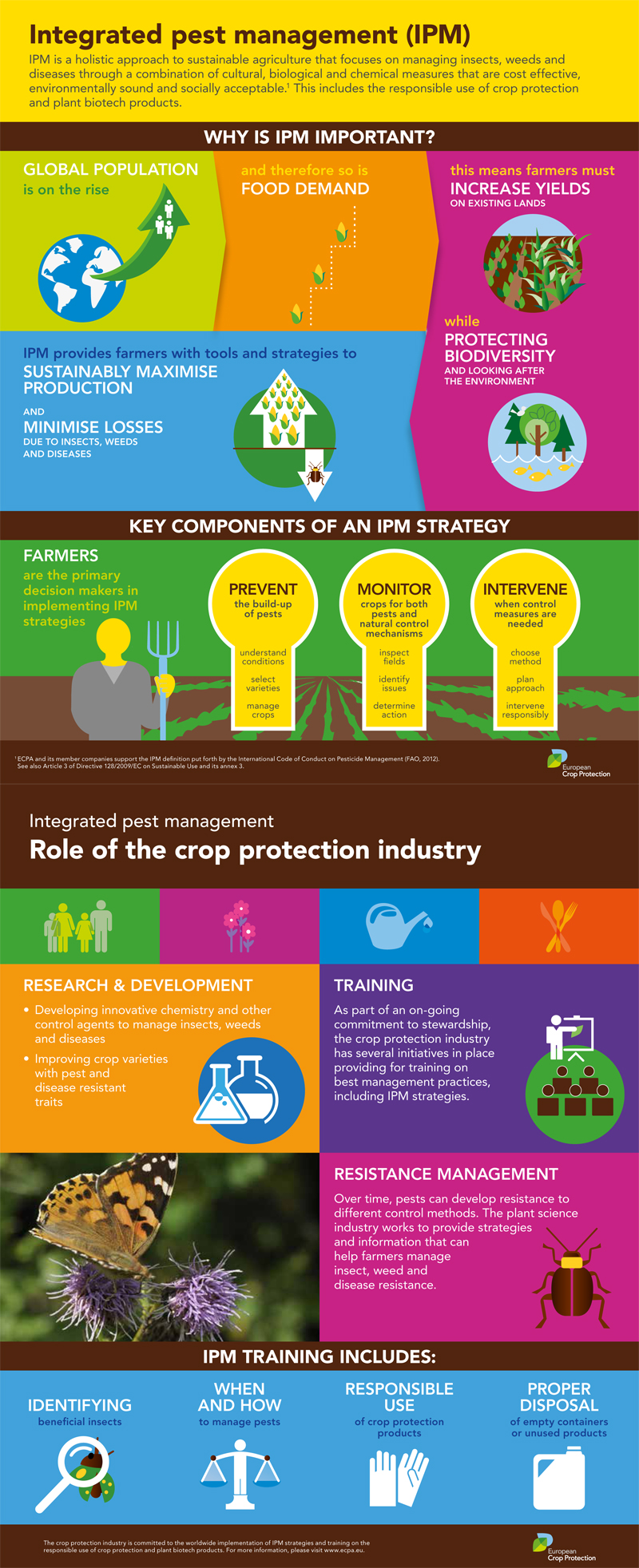Understanding The Habits Of Rats: A Guide To Rat Control
Understanding The Habits Of Rats: A Guide To Rat Control
Blog Article
Content Create By-Calhoun Vendelbo
Have you ever asked yourself why rats seem to be so elusive and hard to manage? Understanding the behavior of rats is key to efficiently managing their populaces.
By getting insight into their interaction patterns, feeding habits, and nesting and reproducing actions, you can develop techniques that will certainly aid you maintain these pesky rats at bay.
So, allow's discover the remarkable world of rat behavior and discover exactly how this knowledge can encourage you in the battle against these unwanted home guests.
Interaction Patterns
To recognize rat actions, it is necessary to examine their communication patterns. Rats are extremely social creatures and rely upon communication to survive and prosper in their environment. They use different kinds of communication to communicate info to various other rats in their team.
One vital facet of rat interaction is their vocalizations. Rats create a wide range of audios, including squeaks, chirps, and babbling, which offer various purposes. These vocalizations can express anxiety, aggressiveness, and even contentment.
In addition to vocalizations, rats additionally interact with body language. https://titusjarja.getblogs.net/56555084/taking-care-of-termites-comprehending-the-danger-and-therapy-options use their tails, ears, and stances to share messages to various other rats. For example, an upright and puffed-up pose might show dominance, while a flattened stance might indicate submission.
Feeding Habits
Rats' communication patterns offer understanding right into their feeding routines. Recognizing just how rats feed can help us far better control their populaces. wasp exterminator are 5 key points regarding their feeding practices:
- ** Omnivorous diet regimen: ** Rats are opportunistic eaters and will certainly take in virtually anything they find. From grains and fruits to meat and also trash, their diet regimen is exceptionally varied.
- ** Hoarding behavior: ** Rats have an all-natural reaction to hoard food. They'll gather and store excess food in covert areas for later consumption, making it testing to locate and remove their food resources.
- ** Nocturnal feeding: ** Rats are mainly nighttime creatures, meaning they're most energetic during the evening. They prefer to feed under the cover of darkness when they feel much safer and much less likely to experience predators.
- ** Water dependence: ** Rats require a consistent resource of water to survive. https://snake-removal-company-nea28405.blogofchange.com/24914640/5-indicators-you-need-to-contact-specialists-in-bed-bug-bug-control 'll frequently seek water sources near their feeding locations, such as leaking pipes or open containers, to please their hydration requires.
- ** Feeding on actions: ** Rats are highly knowledgeable scavengers, which permits them to prosper in urban settings. They'll search for food in waste bins, dumpsters, and various other places where human waste is present.
Nesting and Breeding Habits
Nesting and reproducing actions in rats involves the development of complex burrows and the establishment of hierarchical social structures.
Rats are known for their capacity to dig complex systems of tunnels, which function as their nests. These burrows give sanctuary, protection, and a safe place for reproducing. The nesting behavior of rats is driven by their instinct to find a safe and comfy room for elevating their young.
Within these burrows, rats develop a hierarchical social structure, with dominant people inhabiting greater placements. This power structure determines access to resources such as food and friends.
Reproducing actions in rats is characterized by territoriality, with men contending for the chance to mate with women.
Understanding the nesting and reproducing habits of rats is important for reliable rat control approaches.
Final thought
So, currently you have a far better understanding of the elaborate globe of rat behavior. These intelligent animals have one-of-a-kind communication patterns and exhibit fascinating feeding behaviors.
Their nesting and breeding habits, while respected, can be a sensitive topic. By getting understanding right into their habits, we can come close to rat control with even more empathy and performance.
Bear in mind, attending to the visibility of these resourceful rats requires a nuanced technique that respects their natural reactions.
